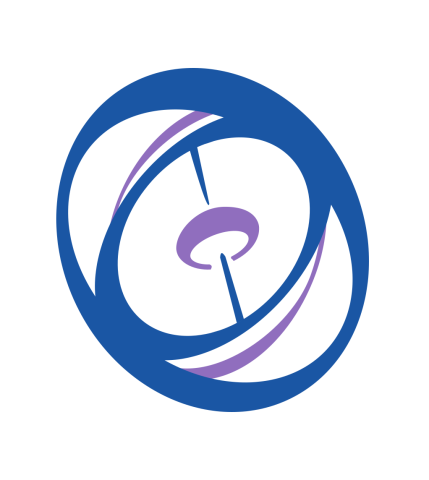

TEACHING
The Institute of Applied Mechanics employees conduct courses in a wide range of major and specialist subjects. They are carried out at the Faculty of Mechanical Engineering, as well as at other faculties of the Poznan University of Technology (including the Faculty of Materials Engineering and Technical Physics or the Faculty of Civil and Transport Engineering), mainly in the following fields of study:
- mechanical engineering,
- biomedical engineering,
- mechatronics,
- education in technology and informatics,
- materials engineering,
- management and production engineering.
These are mainly classes in mechanics, material strength, vibroacoustics, system diagnostics, virtual engineering, bionics, biomechanics, and application of computer methods in mechanical and biomedical engineering, including, in particular, the finite element method (FEM) and artificial intelligence. All of the above-mentioned courses are offered in Polish. However, the Institute of Applied employees also conduct classes in English, including courses for Erasmus and PhD students.
Moreover, academic teachers supervise diploma theses, i.e., engineering and master's theses, the subjects of which are related to the research activity of the Institute of Applied Mechanics employees.
DIPLOMA THESES AT THE INSTITUTE OF APPLIED MECHANICS
Academic teachers employed at the Institute of Applied Mechanics supervise the diploma theses in various fields of studies. The Engineering theses are supervised mainly in two areas:
- construction mechanics and virtual engineering (field of study: mechanical engineering),
- computer methods of design and analysis in biomedical engineering (field of study: biomedical engineering).
The Master theses are supervised mainly, but not only, in the specializations conducted by the Institute of Applied Mechanics.
SPECIALIZATIONS
There are three specializations at the Institute of Applied Mechanics
- bionics and virtual engineering,
- FEM systems in mechanics,
- virtual engineering.
The first one is conducted in the field of biomedical engineering, and the two others are in the field of mechanical engineering.
BIONICS AND VIRTUAL ENGINEERING (field of study: biomedical engineering)
Graduates of the bionics and virtual engineering specialization know modern modeling and simulation methods. They can draw inspiration from nature and apply it in their engineering activity in biomedical engineering. Students learn the basics of bionics and virtual engineering, creating 3D models, e.g., using reverse engineering, modeling in a computational cloud, augmented reality, and advanced medical image processing techniques. Graduates of the specialization can use the acquired knowledge in biomedical engineering and other engineering fields. As a result, they have comprehensive knowledge and are very well prepared to work in industry and research.
FEM SYSTEMS IN MECHANICS (field of study: mechanical engineering)
After completing the specialization FEM systems in mechanics, students have the knowledge and skills to independently analyze complex mechanical systems subjected to various loads (external forces, gravity, inertia, thermal loads). They consider various criteria (reduced stresses, permissible displacements, durability, critical forces and modes of loss of stability, natural frequencies, noise level). They also solve advanced problems in fluid mechanics and heat transfer using the finite element method (FEM). The specialization graduates can use the FEM analyses in a wide range of practical issues related to design and optimization of structures, improvement of existing structures, and analysis of failure causes during their operation.
VIRTUAL ENGINEERING (field of study: mechanical engineering)
Graduates of the virtual engineering specialization have the following skills: modeling a technical product from concept to manufacturing using virtual design methods, integrating elements of the design process in the engineer's work at the virtual environment, creating advanced, specialized computer programs with the organization of a computing platform and systematic preparation for independent activities and teamwork. Students completing the specialization have extensive knowledge in virtual modeling and design, which they can apply in various engineering fields, especially in mechanical engineering.